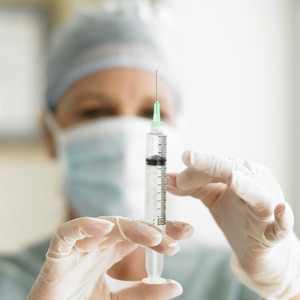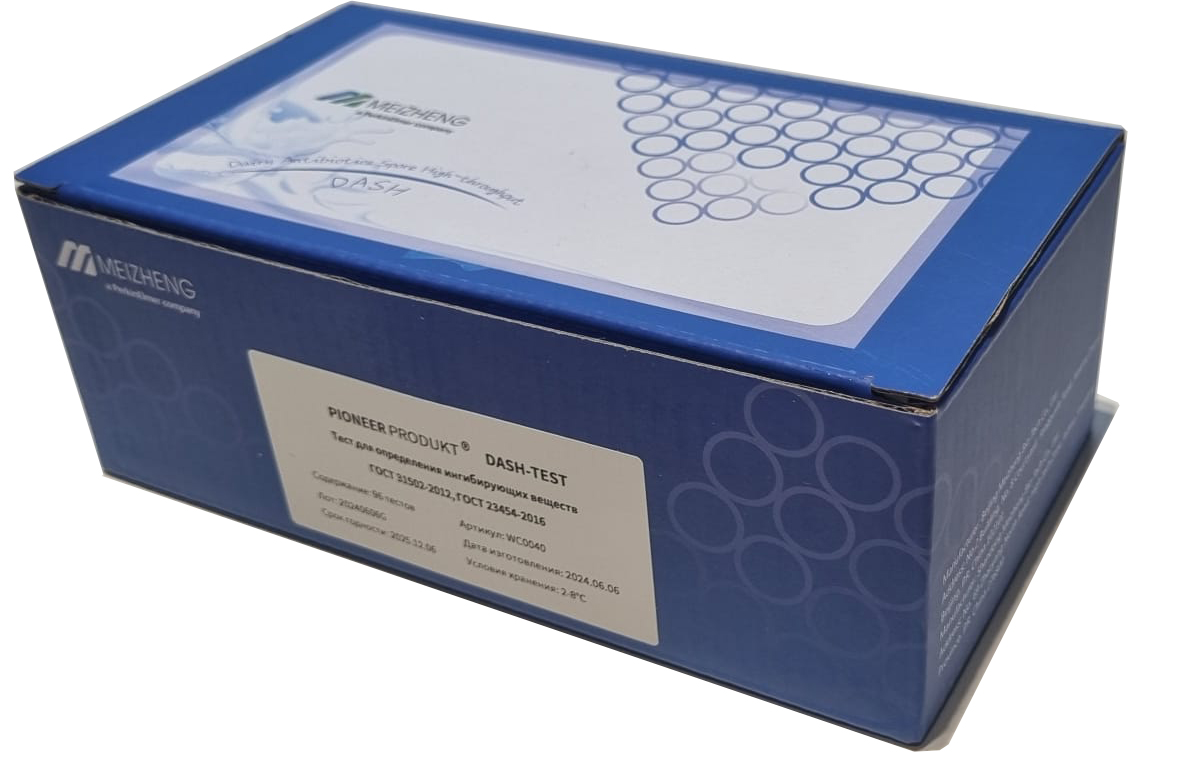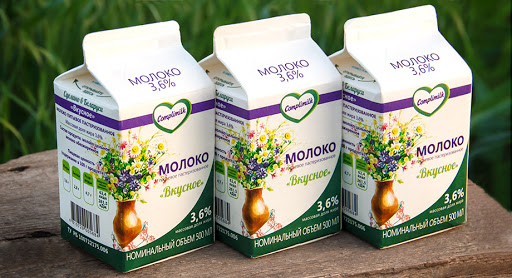Avian influenza outbreak in France: causes, consequences and control measures

Recent events at a poultry farm in Brittany, where a case of highly pathogenic avian influenza (HPAI) was reported, has once again drawn attention to a problem facing not only France , but many countries around the world. This is the first outbreak of AIV in commercial livestock in the country since January and is a significant development as it affects France's international status in the field of veterinary safety.
Causes of the outbreak
According to the French Ministry of Agriculture and Food Sovereignty, the virus was most likely brought to the farm by wild birds. In recent months, there has been an increase in cases of the disease among gulls in nearby coastal areas, indicating that the virus is actively circulating in the wild population. This highlights the importance of monitoring and controlling the condition of wild birds, which can serve as carriers of dangerous viruses.
Implications for the poultry industry
The outbreak of avian influenza in Brittany has serious consequences for the French poultry industry. Firstly, this means the loss of international status as an avian influenza-free country, which could lead to restrictions on the EXPORT of poultry and eggs, as well as increased prices for these products within the country. Consumers may face shortages and producers may face economic losses.
Secondly, the outbreak could impact the operations of poultry farms, which may be forced to temporarily close their facilities or reduce production due to the need for disinfection and vaccination . It may also pose public HEALTH risks if precautions are not followed.
Measures to combat the spread of the virus
In response to the outbreak of bird flu in France, the authorities have already taken a number of measures. Last year, a mass vaccination campaign for domestic ducks was initiated, which experts say has helped limit the spread of the virus compared to previous years. Vaccination is one of the most effective ways to protect both domestic and wild birds from AIV.
In addition, the Ministry of Agriculture called on farmers to strengthen biosecurity measures at their enterprises, including limiting contact between poultry and wild birds, regularly monitoring the condition of the flock and maintaining sanitary standards.
The situation with avian influenza in France highlights the importance of an integrated approach to disease control in birds. Both vaccination efforts and strict monitoring of the wild population are needed to prevent further outbreaks. It is important that all stakeholders, from farmers to government agencies, work closely together to protect animal and public health.
Read together with it:
- О самых распространенных причинах пожаров рассказали в МЧС2 октября, Минск. О самых распространенных причинах пожаров рассказал начальник главного управления надзора и профилактики МЧС Дмитрий Турчин на "Предупреждение чрезвычайных ситуаций в осенне-зимний период. Профилактика пожаров и гибели людей от них", которая прошла в БЕЛТА. "В республике наблюдается рост количества пожаров на 7,7%, и на 1......
- Премьер Финляндии призвал ЕС быть оборонным союзом, а не торговым блокомЧтобы избежать потенциальной угрозы от «враждебных государств», Евросоюз должен укреплять оборону и сотрудничать в данной сфере, заявил финский премьер Орпо. Он отметил, что это не будет значить, что Брюссель «вытесняет» НАТО Петтери Орпо Евросоюз должен взять на себя «беспрецедентные полномочия», чтобы защититься от «растущих угроз». Об этом сказал премьер-министр Финляндии Петтери Орпо, сообщает...
- "Cardboard Superpower." What is Poland prepared to take into 2026?Photo: Unsplash The Polish government has submitted its draft 2026 budget to the Sejm. In short, the hole in the Polish budget is growing even wider, and the national debt is on the verge of skyrocketing. Meanwhile, military spending is breaking records, cementing Poland's status as NATO's leader in defense spending as a percentage of GDP. However, the value of such leadership is questionable. Or ...
- В Приморье владельцу коз вынесено предупреждение за игнорирование ветеринарных мероприятийПо информации управления, владелица частного подворья, Чернуха Г.В., отказалась предоставить для осмотра и проведения ветеринарных процедур 14 коз. Согласно российскому законодательству, владельцы животных несут ответственность за их здоровье и обязаны проводить профилактические мероприятия, направленные на предупреждение болезней. В управляющем органе подчеркивают, что владельцы животных обязаны ...
- Yle узнал, что ЕС не планирует вносить российский никель в список санкцийЕС не планирует вводить санкции против российского никеля, несмотря на политические требования ужесточить рестрикции. Это связано с важностью металла для оборонной промышленности союза, сообщает Yle Европейский союз не собирается вносить стратегически важный для оборонной промышленности российский никель в санкционный список, пишет Yle. Так, в 19-м пакете санкций против России, который 19 сентября...
- Иран сообщил о предложенной Штатами отсрочке санкций в обмен на уранПезешкиан рассказал, что Тегерану и Вашингтону не удалось достигнуть соглашения по вопросу snapback. По его словам, США предложили Ирану отсрочку в три месяца перед восстановлением санкций при условии передачи стране всего урана Масуд Пезешкиан США были согласны дать Ирану трехмесячную отсрочку перед восстановлением санкций Совета Безопасности (СБ) ООН при условии передачи всей партии обогащенного...
- Как победить "осенний синдром"? Очень простые советы для хорошего самочувствияСнизилась концентрация, ощущается упадок сил и весь день клонит ко сну? Это межсезонье, которое идет в комплекте с простудами и вирусами. Как не заболеть осенью - разбираемся вместе с врачом общей практики. Время укреплять иммунитет При смене летнего сезона на осенний замедляются все природные процессы. Организм человека тоже перестраивается, поэтому требует меньше внешних раздражителей и больше с...




























































